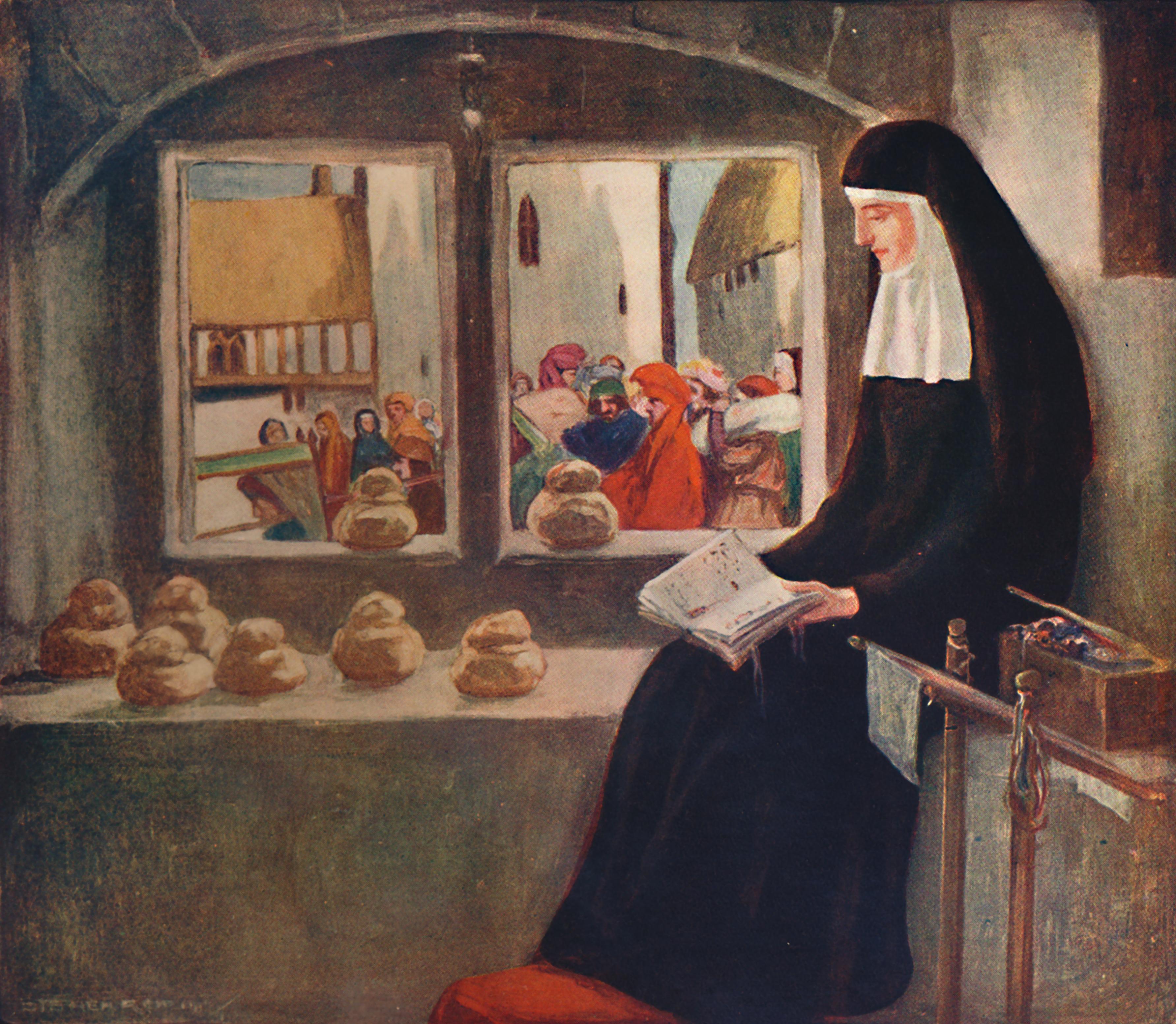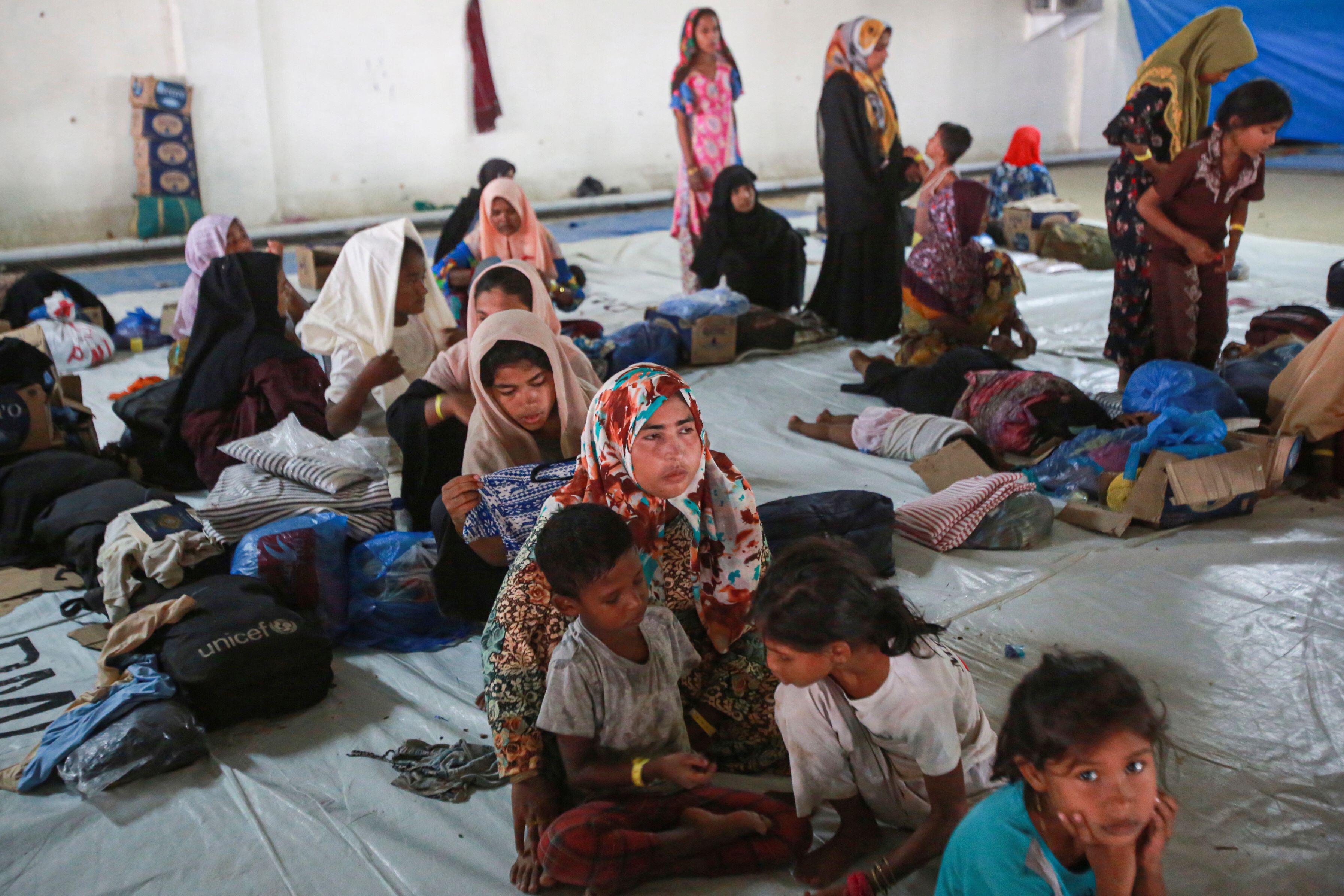“Love the stranger then, for you were strangers in the land of Egypt” (Deuteronomy 10:19), is the title of the report published by the Bishops Conference in 2023 and a biblical command held in both our minds as we embarked as commissioners for the Commission on the Integration of Refugees, convened in 2022 by the Woolf Institute with the aim of improving the integration of refugees in the UK.
Joining us as we undertook the most significant and detailed exploration of the UK asylum system in a generation were 20 other commissioners. They include faith leaders such as Anglican bishop Dr Guli Francis-Dehqani, Rabbi Baroness Julia Neuberger and Muslim community leader Jehangir Malik. They also include refugees and former asylum seekers; security officials; lawyers; third-sector workers; clinicians; education and health experts; academics; and politicians from across the political spectrum.
All of us agree that the UK’s asylum system is broken – it is expensive, ineffective, and harmful. And we are all committed to envisioning a refugee and asylum system that works for a society where everybody – including refugees and asylum seekers – feels welcome and part of strong, cohesive communities. But we needed to find agreement on what to do about it.
The debate on these issues is often polarised and hostile. As commissioners we too had highly different perspectives and sometimes opposing views. But working together with reasoned debate, evidence and compromise, we have shown that it is possible to find solutions and build consensus around them.
Some of us had profoundly personal reasons for wanting to find this agreement. Ed’s parents fled Vienna because of the Nazi persecution of Jews and arrived in the UK as child refugees just before the Second World War. Bishop Guli’s Father was the first Persian Anglican bishop in Iran and she was forced to leave with her family after her brother’s murder and an attempt on her father’s life. Bishop Paul was born and grew up in Belfast during the Troubles. Later he was ordained a priest for the Diocese of Westminster, where he has worked for almost 40 years. Today Paul is Lead Bishop for Migrants and Refugees and Racial Justice issues for the Bishops' Conference of England and Wales and Ed is Founder President of the Woolf Institute, dedicated to fostering understanding between Jews, Christians and Muslims.
Many of today’s refugees come from countries that are deeply religious, often escaping religious persecution. While this has led some to the conclusion that religion is a cause for some of the world’s most intractable conflicts – in Israel and Palestine, in Bosnia, in India – it also highlights how religion must be part of the solution.
We know at first hand the positive role religious communities and institutions can and do play in integrating refugees. Across the UK and much of the world, faith communities undertake the lion’s share of work to welcome refugees and provide support, in areas such as supporting asylum applications; advocating for vulnerable individuals; securing accommodation and other essentials; and procuring community support that may not be sanctioned, funded, or delivered by the national government.
The Commission listened to 1,250 individuals and organisations, including many from faith communities around the UK with first hand experience of this work. This was one of the six pillars of research its findings are based on. Through conversation, careful consideration and the evidence gathered, we were able to achieve full or near-consensus around 16 recommendations to propose an integration-based asylum system that can deliver benefits not only for refugees but for wider society – from contributing to tackling the housing crisis and homelessness to promoting economic flourishing.
The recommendations are underpinned by a financial model developed by the London School of Economics, which found that they would yield a net economic benefit to the country of at least £1.2 billion by year five.
There are two core elements to our proposals. The first is that our recommendations are designed to be mutually reinforcing and their impact will be greater if they are taken together. A coherent and holistic approach is also necessary to unlock the economic benefits projected by the LSE. The three main conditions for this are that the government needs to meet its target to process asylum applications within six months, and that asylum seekers receive English language provision from day one and access to employment support from six months.
The second is localisation of decision making. At the heart of our recommendations is a new settlement for refugees delivered through ‘local integration partnerships’. These would put devolved governments, regional and local authorities, and communities in control of budget and delivery in order to create the best possible conditions for integration. The national government would play a coordinating role, including setting overall numbers.
The solutions we are proposing would not only be more effective than the current system, but cheaper, more coherent, more in tune with the values of compassion and fairness that so many people manifest towards asylum seekers. The are also capable of delivering long-term economic benefits and positive social outcomes both for refugees and wider British society.
Regardless of whether we are Christian, Jew, Muslim or of all (or no) faith, we see that all people are created in God’s image. As Love the stranger states, “we are called to see ourselves in them, for we all share this common humanity”. The word “stranger” is variously translated as foreigner, immigrant, sojourner or alien, but those fleeing persecution from other parts of the world are our sisters and brothers. As most people of faith, as a Jew and a Christian we believe that caring for people who are forced to move is an integral part of how we live out our faith.
Further info on the Commission can be found at refugeeintegrationuk.com
Dr Ed Kessler is Chair of the Commission on the Integration of Refugees and Founder President of the Woolf Institute, and Bishop Paul McAleenan is Lead Bishop for Migrants and Refugees and Racial Justice issues and Commissioner on the Commission on the Integration of Refugees.



 Loading ...
Loading ...
What do you think?
You can post as a subscriber user ...
User comments (0)